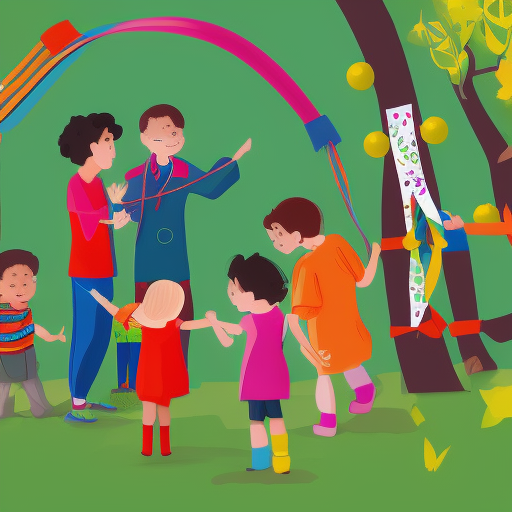
"Cure" here means any treatment that can change someone's personality such that they're no longer diagnosed as autistic, or can prevent a newborn from being diagnosed. (Must be an actual change to the person, not a change to the diagnosis criteiria.)
Doesn't need to be widely available or approved by any regulatory agency, just needs to exist and be shown to work without any significant doubt on the matter.
An active brain device would count. Embryo selection would not count, since that's just "choosing a different person".
People are also trading
@IsaacKing I'm not quite sure what this means. Any cure for autism is going to change other attributes of the person.
@IsaacKing Having briefly looked into it, it seems that there's no agreed threshold. The distinction between preventative/curative/palliative seems often used when discussing cancer treatment. It seems that 'curative' treatment could mean that the primary goal is to achieve a permanent remission. This could include situations where a 'cure' is quite unlikely (perhaps 15%), but remains the primary goal.
I don't think there'll be a neat answer here.
The closest I can think of right now is if a reputable medical authority produces well-evidenced treatment guidelines that state that an intervention is recommended, and that there is a reasonable possibility of it resulting in someone no longer meeting diagnostic criteria for autism, such that this is the primary goal of implementing it rather than a rare secondary outcome.
Interested to see how things like this get codified in prediction markets in the future!
